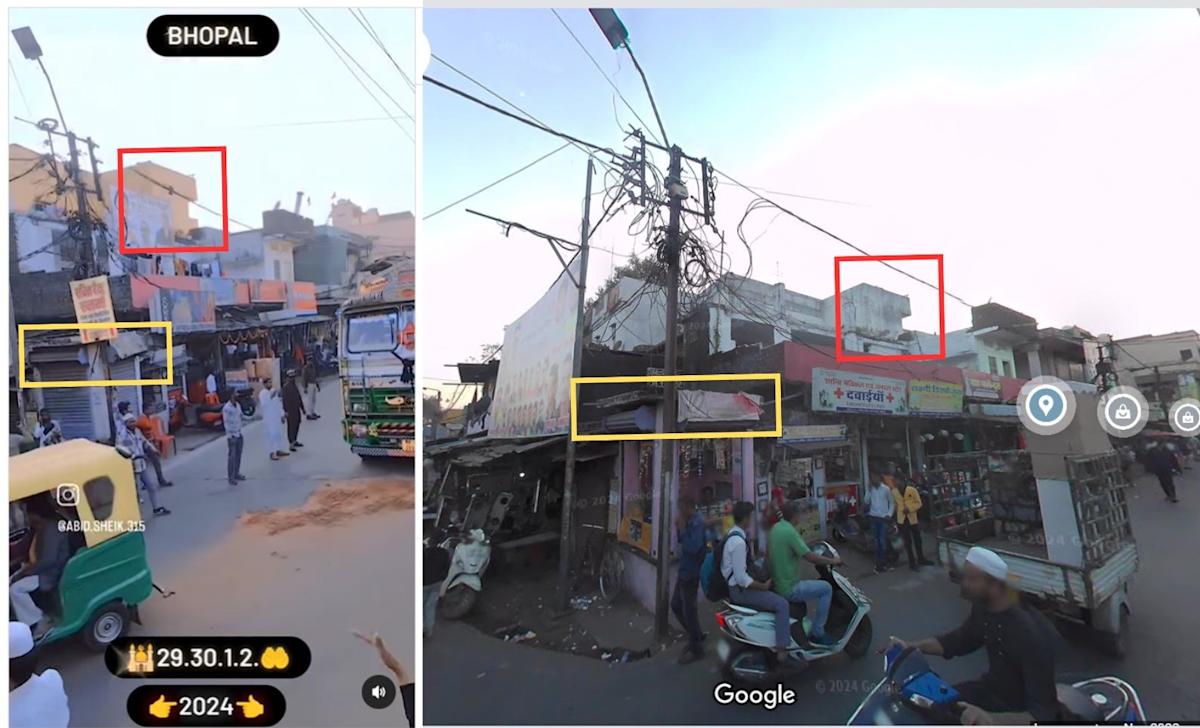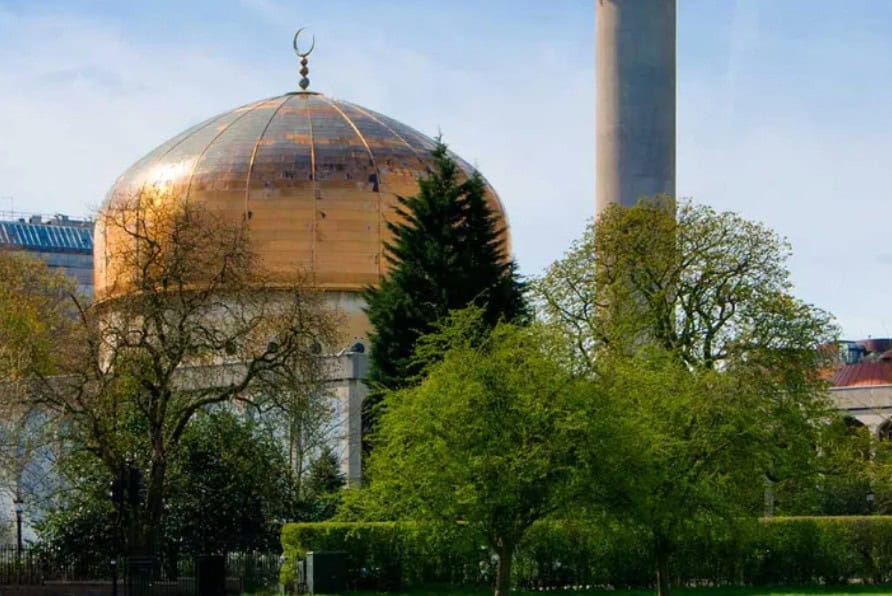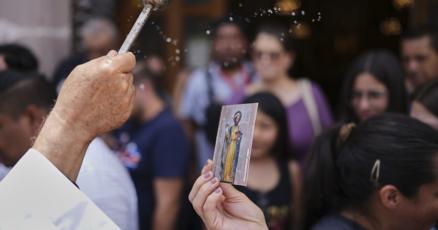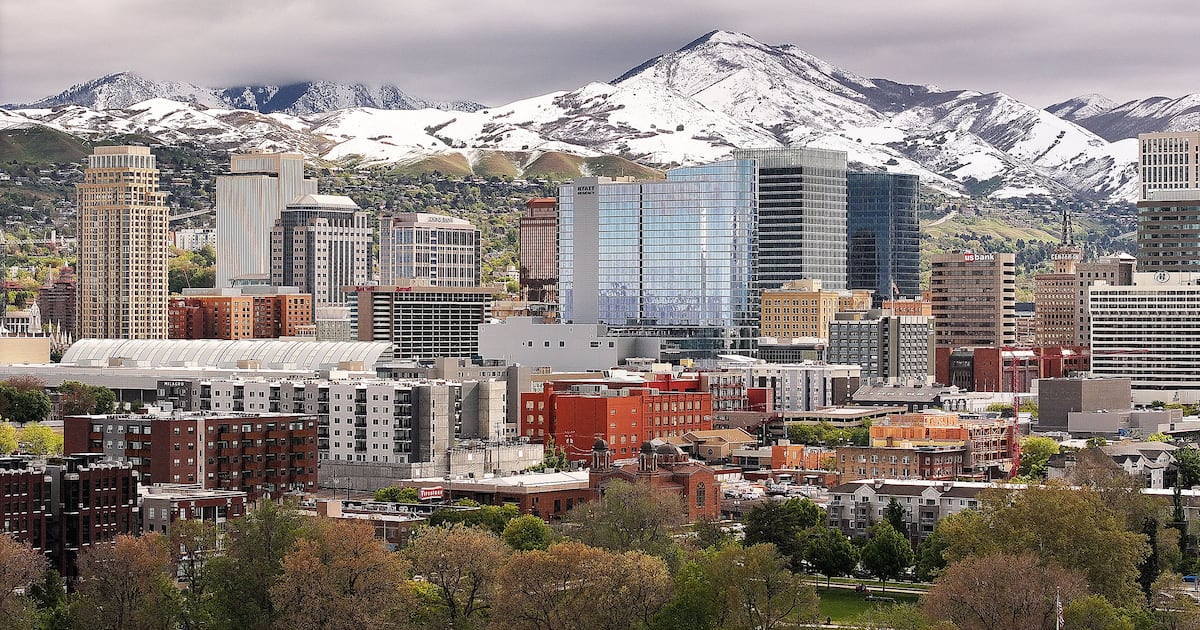Viral Video Misrepresents Religious Gathering as West Bengal Unrest
Religion
2025-04-24 10:04:49Content

Tensions Flare in West Bengal: Protests Erupt Over Property Management Bill
Recent protests in India's West Bengal state have erupted into deadly confrontations following the passage of a controversial bill affecting Muslim-owned property management. However, viral social media footage appearing to show men in traditional Islamic attire being transported on trucks is not directly related to these current protests.
Contrary to initial assumptions, these circulating videos actually originate from an annual Muslim religious congregation that takes place in Madhya Pradesh state. The gathering, which has been documented since December 2024, is a peaceful event focused on religious discussion and community connection.
The misinterpretation of these videos highlights the complex and sensitive nature of current social and political dynamics in India, where visual content can quickly be misunderstood or misrepresented. Careful verification of media sources remains crucial in understanding unfolding events and preventing potential misunderstandings.
As the situation in West Bengal continues to develop, authorities and community leaders are calling for calm and dialogue to address the underlying tensions surrounding the new property management legislation.
Unraveling the Tensions: Religious Property Disputes and Social Unrest in India
In the complex tapestry of India's social and political landscape, religious property management has emerged as a critical flashpoint, revealing deep-seated tensions that challenge the nation's secular foundations. Recent legislative changes have ignited passionate debates and sparked widespread protests, exposing the intricate dynamics of religious identity and property rights in modern India.Navigating the Explosive Intersection of Law, Religion, and Social Conflict
Legislative Tremors: Understanding the Property Management Bill
The recently passed legislative amendment concerning Muslim-owned property management has sent shockwaves through India's social fabric. This controversial bill represents more than a mere administrative change; it symbolizes a profound reconfiguration of religious property rights that has deeply polarized communities. Legal experts argue that the legislation touches upon sensitive constitutional principles of religious autonomy and property ownership, creating unprecedented challenges for minority communities. Scholars and policy analysts have been meticulously examining the bill's potential long-term implications. The legislative framework appears to introduce unprecedented governmental oversight into religious property management, a move that many interpret as a direct challenge to established community practices. Constitutional lawyers suggest that the bill treads a delicate line between administrative regulation and potential infringement of religious freedoms.West Bengal's Erupting Social Landscape
The protests in West Bengal represent a microcosm of broader national tensions. What began as a legislative amendment quickly transformed into a powder keg of social unrest, revealing the deep-seated emotional and cultural significance of property rights within religious communities. Eyewitness accounts describe scenes of intense emotional confrontation, with protesters expressing profound frustration and a sense of systemic marginalization. Local sociologists emphasize that these protests are not merely about property management but reflect deeper anxieties about cultural preservation and community identity. The demonstrations highlight the complex interplay between legal frameworks, religious practices, and social dynamics in contemporary India.Misinformation and Media Narratives
The digital landscape has become a critical battleground for narrative construction surrounding these events. Viral videos and social media posts have complicated the understanding of the protests, with circulating footage often decontextualized and misrepresented. Fact-checkers have been working diligently to distinguish between authentic documentation and potentially manipulative content. Digital media experts point out the dangerous potential of misinformation in escalating social tensions. The rapid spread of unverified visual content can potentially exacerbate existing conflicts, transforming localized protests into broader national narratives of division and confrontation.Historical Context and Contemporary Challenges
The current property management legislation cannot be understood in isolation from India's complex historical trajectory. Decades of post-colonial legal and social negotiations have shaped the current landscape of religious property rights. Historians argue that each legislative intervention represents a continuation of ongoing negotiations about community autonomy, state intervention, and secular principles. Anthropological research suggests that these conflicts are not merely legal disputes but profound expressions of cultural identity and community self-determination. The property management bill becomes a symbolic battleground where broader questions of national identity and religious coexistence are negotiated.International Perspectives and Human Rights Considerations
International human rights organizations have been closely monitoring the developments, expressing concerns about potential discriminatory implications of the legislative changes. Global legal experts are analyzing the bill's compatibility with international human rights standards, particularly those protecting religious minorities' rights. The international community's scrutiny adds another layer of complexity to the domestic discourse, potentially influencing future legislative and social responses. Diplomatic channels are carefully navigating the delicate balance between respecting national sovereignty and upholding universal human rights principles.RELATED NEWS
Religion

Faith & Friction: Global Religious Landscapes Shift in Unprecedented Week
2025-02-25 03:27:54
Religion

Vatican Talks: Vance and Cardinal Parolin Tackle Religious Liberty and Global Migration
2025-04-19 15:04:00
Religion

Devotion Descends: Massive Crowds Converge in Central Mexico for Saint Mark's Annual Celebration
2025-04-26 00:15:00





